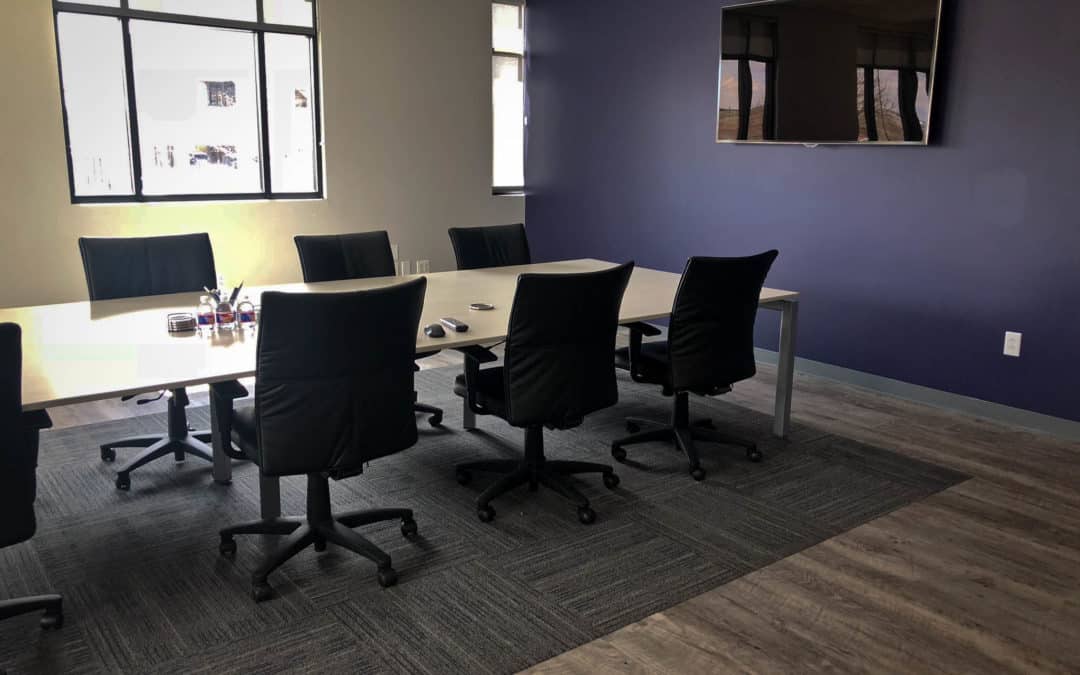When a business buys its first building or starts construction on a building, whether it is a warehouse, an office, or a storefront, flooring likely does not cross their mind. After all, they are likely focused on the plethora of business decisions that they need to make regarding their new space and how it will be used. However, flooring is a huge decision that can affect the business and it shouldn’t be taken lightly, and just-any-old floor might not last well or do the trick.
To help create a better understanding about this, we decided to create this post to explain how commercial flooring is often different from residential flooring.
Selection Differences Between Commercial and Residential Flooring
Simply put, there are many more options for home flooring than there are for commercial flooring, and a lot more options to customize that flooring. Laminate, carpet, vinyl, wood, engineered wood, or tile are all great options for homes, but they may not perform well in a commercial area.
Many businesses choose commercial grade vinyl, linoleum, laminate, or rubber. Generally, the options for commercial flooring are also have fewer options for customization because there is simply less demand for it, since most businesses want to maintain a neutral look.
Quality Differences Befteen Commercial and Residential Flooring
This may seem obvious, but restaurants, stores, and warehouses experience more foot-traffic than your average home. Commercial grade flooring is often thicker to withstand this foot-traffic, and all the dirt, debris and moisture that comes with it (ahem- we’re looking at you, sidewalk salt). They are also built to withstand the changes in humidity that are more likely to occur in areas where the doors are frequently opened. Commercial floors also experience the tires of carts, the moving of display cases, thee dragging of furniture and in some cases, even sometimes heavy machinery. This can mean a lot more weight, scratching and scraping than the average home.
Because commercial floors get dirty more frequently, they’re also designed to be simple to clean, and have the strength to withstand commercial grade cleaning products and frequent moisture exposure, which can often damage residential floors. In general, commercial flooring is designed to be resilient to wear and tear.
Price Differences Between Commercial and Residential Flooring
Higher quality floors mean more expensive flooring. Commercial flooring is often made of superior materials, and is generally thicker than residential flooring, which means more of that superior material needs to be used to make the flooring.
To summarize, commercial grade flooring is often way sturdier, and more expensive than what most homes necessitate. Residential flooring comes with a much larger selection, and many more opportunities for customization, which is great for those who have beauty and design in mind.
At Northern Colorado Carpets, we’re happy to help answer any flooring questions that you may have, as well as advise you what flooring is best for home or business! Give us a call at 970-226-6800 to get started.


Recent Comments